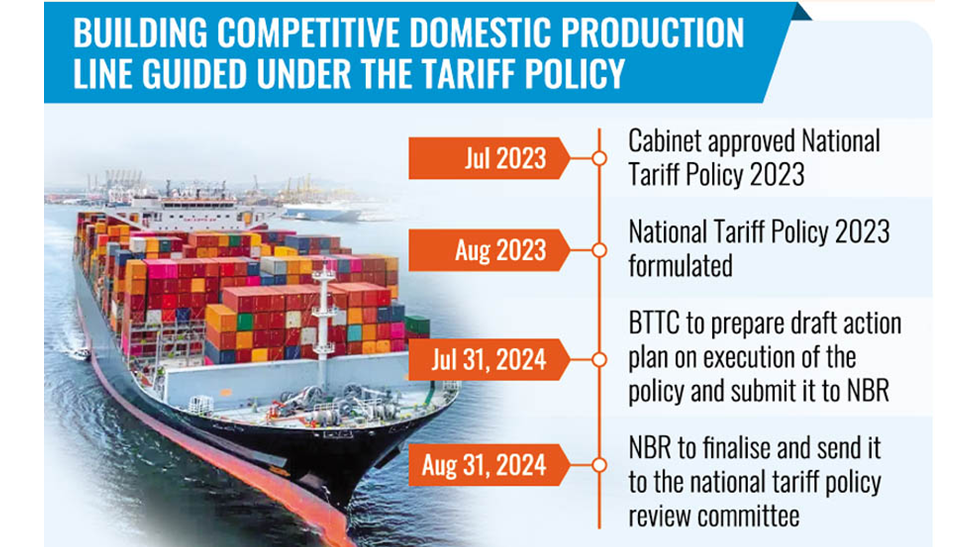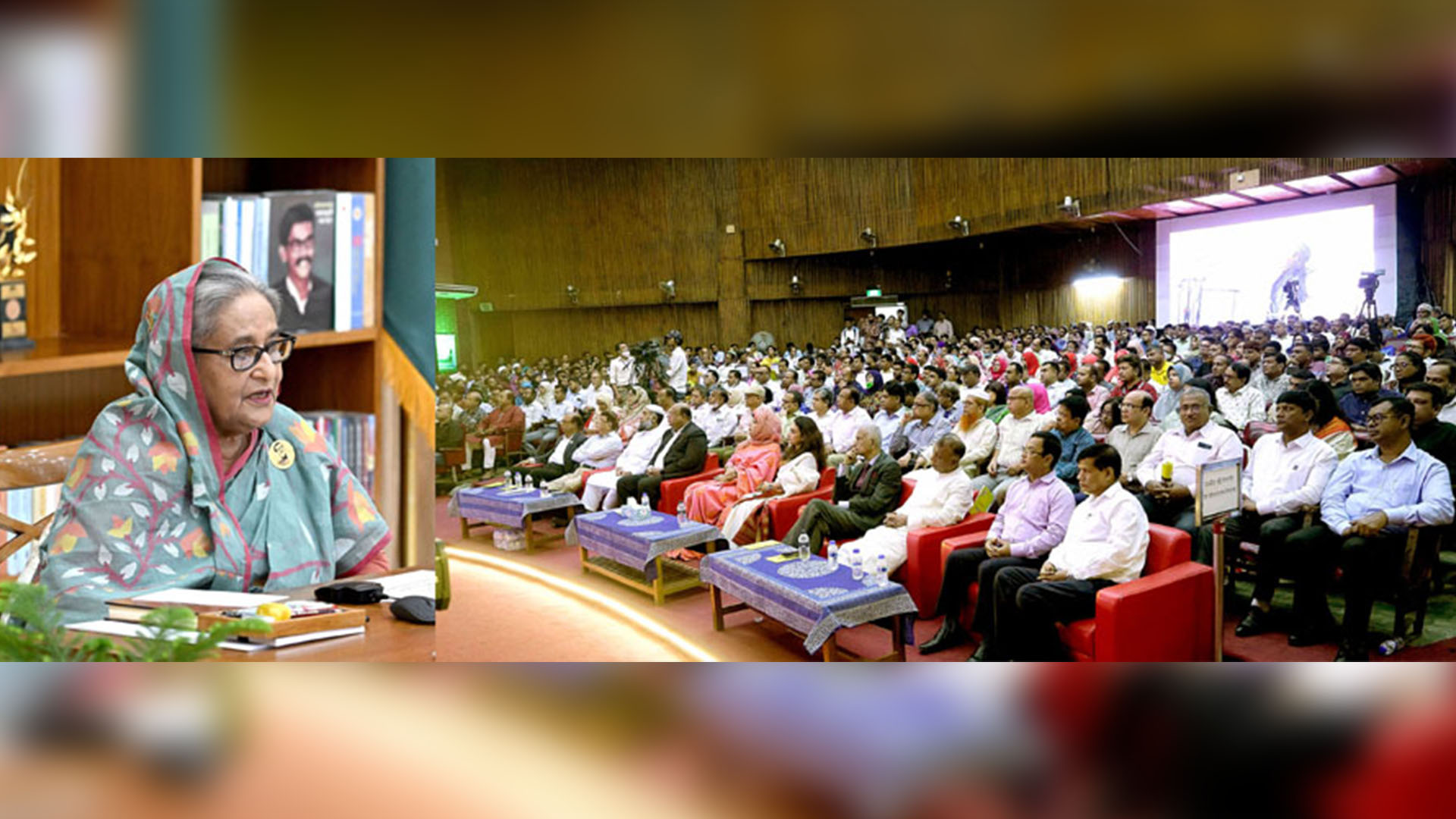Action plan underway to devise investment-friendly tariff regime
- By FE -- 6 minutes read --
- Apr 14, 24
" Bangladesh's LDC-graduation challenges on trade front under spotlight "
An action plan is being framed to execute Bangladesh's maiden tariff policy focused on devising tariff structures that promote investment and competitive domestic production line.
Sources say Bangladesh Trade and Tariff commission (BTTC) will prepare a draft action plan on the dormant National Tariff Policy 2023 through consulting the stakeholders and the draft will be submitted to the National Board of Revenue (NBR) by July 31.
The revenue board will scrutinize and finalize the draft plan and send the final copy to the national tariff policy-monitoring and-review committee by August 31 next.
In August last year, the commerce ministry formulated the first-ever national tariff policy aiming to establish a consistent tariff framework that encourages more domestic and foreign investments.
Approved by the cabinet on July 17, 2023, the National Tariff Policy 2023 also has the objective of enhancing the competitiveness of domestically manufactured goods on the global market.
"The NBR is supposed to frame the plan of action within six months of gazette publication to harmonise the country's tariff regime with the policy," says a commerce official concerned.
A 16-member committee, headed by the commerce minister, will be formed to implement the policy.
Contacted, a senior official said the tariff policy is aimed at preserving domestic industry, expanding the country's trade and commerce, meeting the challenge of transitioning from the LDC status, raising revenue and increasing the tax-GDP ratio.
"Although there are various policies in the country, they are not fully implemented due to various obstacles. In this case, all the government and private institutions should work jointly in the implementation of the 'National Tariff Policy 2023' so that such problems should not arise in the case of the policy."
This new policy is designed to drive sustainable economic growth by enhancing the competitive edge of local industries, broadening and diversifying exports, incentivising investments and generating employment opportunities through trade liberalisation and the rationalisation of tariff structures.
Implementation of the policy will be overseen by the Internal Resources Division and the National Board of Revenue, with the Bangladesh Trade and Tariff Commission providing support.
The policy will concentrate on expanding and diversifying exports by mitigating anti-export biases. Besides, it will abolish minimum import value in line with the regulations of the World Trade Organisation (WTO).
The gazette says the existing bond facilities will be made more transparent and simpler for export-oriented industries. The policy's scope extends to bolstering Bangladesh's participation in both global and regional value chains.
"Tariffs imposed at the import and export levels are to be considered regulators of the international trade flow of Bangladesh," it reads.
The policy prescribes import-level duties and taxes to be aligned with the bound rate of Bangladesh committed to the World Trade Organisation.
To facilitate customs processes and minimise needless complexities, the policy will ensure greater transparency in the customs system by maintaining equitable duty and tax rates for similar products.
It stipulates that tariffs imposed at the import level must undergo gradual reduction, progressing toward a reasonable threshold that serves the welfare of consumers.
.png)









